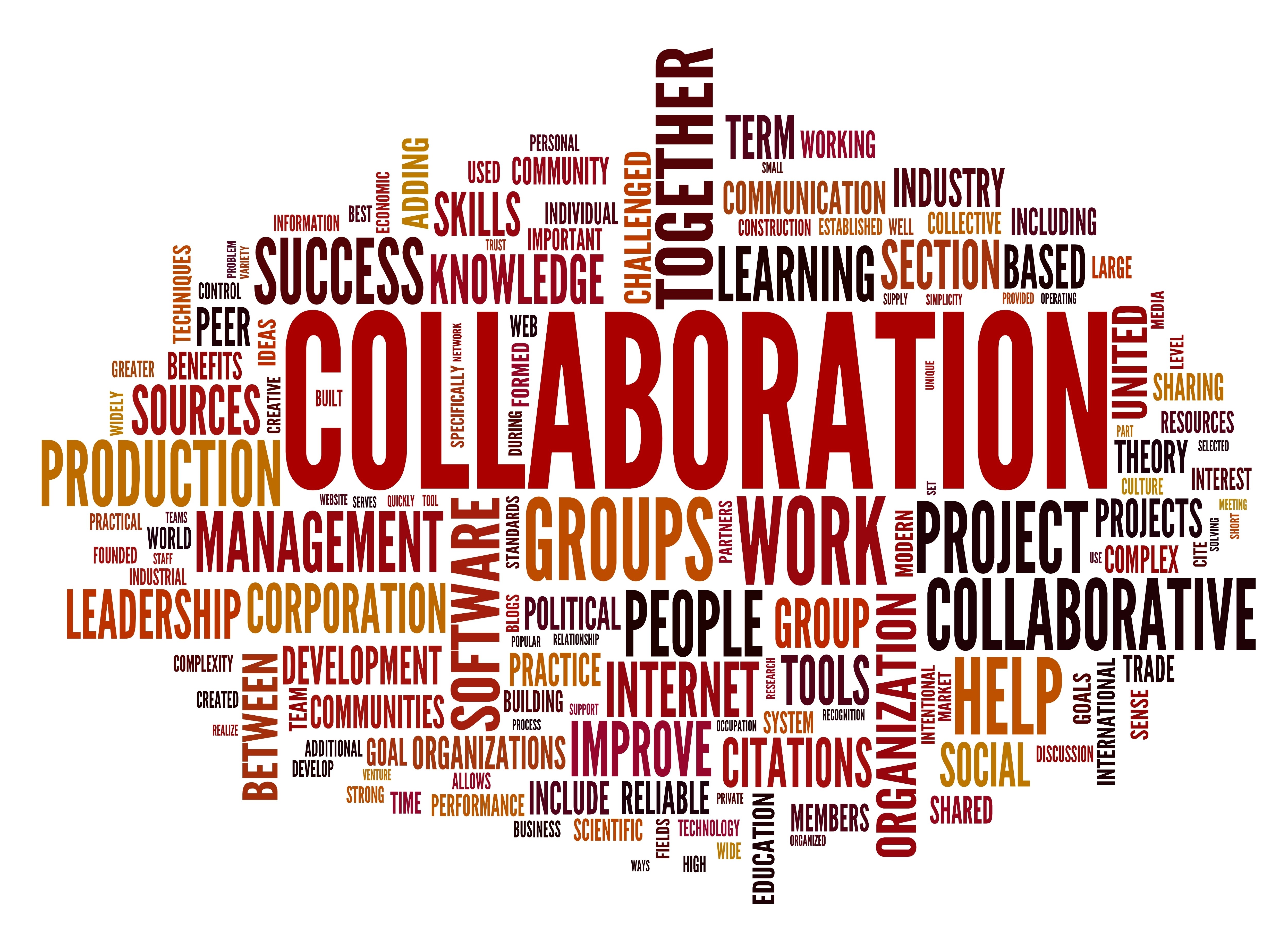Wiki 2025: Ideas for the Future of Collaborative Knowledge
Related Articles: Wiki 2025: Ideas for the Future of Collaborative Knowledge
- Ideas Lab 2025: Catalyzing Innovation And Shaping The Future
- Funny Two Truths And One Lie Ideas For 2025
- Cheap Wedding Ideas UK 2025: Budget-Friendly Ways To Celebrate Your Big Day
- Ideas For Websites To Make Money In 2025
- Ideas To Draw When Bored In 2025: Unleashing Your Creativity
Introduction
With enthusiasm, let’s navigate through the intriguing topic related to Wiki 2025: Ideas for the Future of Collaborative Knowledge. Let’s weave interesting information and offer fresh perspectives to the readers.
Table of Content
Video about Wiki 2025: Ideas for the Future of Collaborative Knowledge
Wiki 2025: Ideas for the Future of Collaborative Knowledge

Introduction
Wikis have become an indispensable tool for collaborative knowledge creation and sharing. From Wikipedia, the largest encyclopedia ever created, to specialized wikis on countless topics, these online platforms have revolutionized the way we access and contribute to information. As we look ahead to 2025 and beyond, it is essential to consider the future of wikis and how they can continue to evolve to meet the changing needs of our knowledge-driven society.
Current Challenges and Opportunities
While wikis have made significant progress, they still face several challenges that limit their full potential. These include:
- Reliability and Accuracy: Wikis can be vulnerable to vandalism and misinformation, as anyone can edit their content.
- Content Fragmentation: Wikis can become fragmented, with information scattered across multiple pages or wikis, making it difficult to find comprehensive and coherent knowledge.
- User Engagement: Wikis can struggle to attract and retain active contributors, leading to a decline in content quality and relevance.
However, wikis also present numerous opportunities for innovation and improvement. The rise of new technologies, such as artificial intelligence (AI) and natural language processing (NLP), holds great promise for enhancing wiki functionality and addressing these challenges.
Ideas for Wiki 2025
To address the challenges and seize the opportunities of the future, we propose the following ideas for the evolution of wikis by 2025:
1. Enhanced Content Verification and Reliability
- AI-Powered Fact-Checking: Wikis can integrate AI algorithms to automatically check the accuracy and reliability of content, identifying potential errors and biases.
- Peer Review and Reputation Systems: Wikis can implement peer review processes and reputation systems to incentivize high-quality contributions and discourage vandalism.
2. Improved Content Organization and Coherence
- Semantic Wiki Technology: Wikis can adopt semantic wiki technology to create structured and interlinked knowledge bases, making it easier to find and navigate related information.
- AI-Assisted Content Aggregation: Wikis can use AI to automatically aggregate and summarize content from multiple sources, creating comprehensive and coherent articles.
3. Increased User Engagement and Contribution
- Personalized Content Recommendations: Wikis can leverage AI to provide personalized content recommendations to users, based on their interests and contributions.
- Gamification and Incentives: Wikis can incorporate gamification elements and incentives to encourage active participation and reward valuable contributions.
4. Enhanced Collaboration and Knowledge Sharing
- Real-Time Collaboration Tools: Wikis can integrate real-time collaboration tools, such as video conferencing and document sharing, to facilitate seamless collaboration among contributors.
- Cross-Wiki Knowledge Exchange: Wikis can establish interconnections between different wikis, allowing for the exchange of knowledge and expertise across domains.
5. Integration with Other Knowledge Systems
- Semantic Web Integration: Wikis can be integrated with the Semantic Web, enabling them to interoperate with other knowledge sources and applications.
- Knowledge Graph Integration: Wikis can connect to knowledge graphs to provide structured and comprehensive knowledge about entities and concepts.
6. Accessibility and Inclusivity
- Universal Design Principles: Wikis can adopt universal design principles to make them accessible to users with disabilities and diverse backgrounds.
- Multilingual Support: Wikis can provide multilingual support to cater to a global audience and facilitate cross-cultural knowledge sharing.
Conclusion
By embracing these ideas, wikis can transform into even more powerful tools for collaborative knowledge creation and sharing by 2025. They will become more reliable, organized, engaging, collaborative, and accessible, enabling us to harness the collective wisdom of humanity to address the challenges and opportunities of the future.
As we move towards Wiki 2025, it is essential for the wiki community to work together to realize these ideas. By fostering innovation, collaboration, and inclusivity, we can create a future where wikis continue to empower individuals, organizations, and society as a whole with the knowledge and insights we need to thrive.
![[IMGSRCTITLE2]](http://gettingsmart.com/wp-content/uploads/2013/07/A-Glimpse-into-the-Future-of-Learning-Infographic_0-21.jpg)
![[IMGSRCTITLE3]](https://www.erp-information.com/wp-content/uploads/2022/12/examples-of-collaborative-learning-1024x512.png)
![[IMGSRCTITLE4]](https://acsieu.org/wp/wp-content/uploads/2019/03/collaborative-learning.jpg)
![[IMGTITLE5]](https://www.eleapsoftware.com/wp-content/uploads/2021/08/Collaborative-Learning--2000x1358.jpg)
![[IMGTITLE6]](https://www.designandexecute.com/designs/wp-content/uploads/2016/02/collaboration-illustration.jpg)
![[IMGTITLE7]](https://get.vitalsource.com/hs-fs/hubfs/Intrepid_Benefits_Collaborative_Online_Learning_2019.jpg?width=5001u0026name=Intrepid_Benefits_Collaborative_Online_Learning_2019.jpg)
![[IMGTITLE8]](https://2.bp.blogspot.com/-WtLnxNJrcy8/W6ojPKMgqAI/AAAAAAABD_4/a1TzLZuE4egmCuzPLcOqgTGBKCiTld1WACLcBGAs/s640/the-future-of-collaboration.png)
![[IMGTITLE9]](https://images.idgesg.net/images/article/2018/02/teamwork_collaboration_strategy_thinkstock_600402522-100749671-large.jpg)
Closure
Thus, we hope this article has provided valuable insights into Wiki 2025: Ideas for the Future of Collaborative Knowledge. We appreciate your attention to our article. See you in our next article!